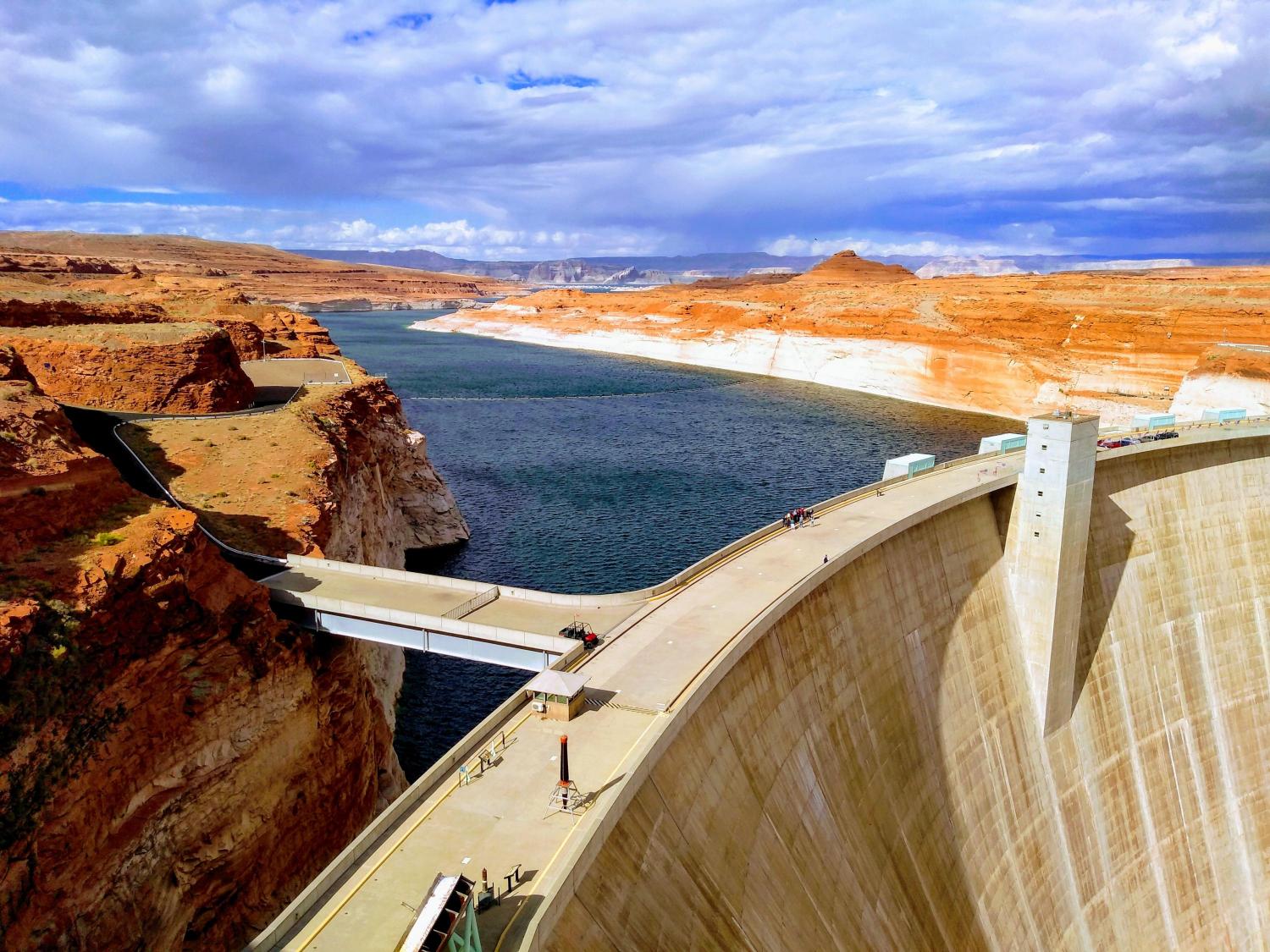
One quarter of the world’s population is running out of water. An alarming new study shows that U.S. states including Arizona, California, Colorado and New Mexico are tapping so much of their available water each year that small changes in water use—or weather—could lead to dramatic shortages for homes, business, agriculture and other vital needs. At a first glance, trying to accelerate water conservation strategies appears to be too steep of a climb.
But for those of us facing this challenge here in the United States, there is some heartening news – businesses are stepping up and playing a vital role in developing water initiatives that can ease the stresses on crucial watersheds. These projects and programs can pay dividends for natural systems, communities and farms, and businesses’ bottom line.
Water conservation is a winning strategy for business
A new article commissioned by our Business for Water Stewardship program, “From Corporate Water Risk to Value Creation,” highlights how a company that integrates water sustainability into its long-term business model can see both business benefits and risk mitigation over time.
In the not-so-distant past, a business might have relied on its corporate social responsibility staff to manage sustainability projects. This work was often considered adjunct to the company’s core strategic goals and bottom line. But increasingly many companies are recognizing that an integrated and all-encompassing approach to water will have a far deeper impact that can generate social, business, and environmental value.
Be smart, and go deep when looking at water
The key is weaving water-smart policies into the way they do business and expanding them across their day-to-day operations. It’s also about having the courage to confront the root causes of water scarcity. Anheuser-Busch InBev – the largest brewing company in the world – has become a leader in new approaches to managing demand for water. Last year, it launched its 100+ Accelerator class by providing the necessary resources, tools and contacts to promising entrepreneurs. The project included three water technology startups involved in creating clean water from air, measuring water quality in real time through mobile devices, and waste water treatment, respectively, to help solve some of the water challenges we face.
Many other examples exist of corporations recognizing the value of this approach where conservation, policy leadership, and off-site water strategies are integrated to deliver business value. For example, in 2019, in the face of 18 years of drought, the Arizona Chamber of Commerce and Industry and a long list of companies including Cox Communications, Intel, Danone North America and Arizona Public Service advocated in favor of progressive drought planning legislation for the lower Colorado River. Many of these companies have also recently made commitments to both conserve water internally and to support external programs designed to help deliver a secure water supply -- which will benefit not only the businesses but also local communities.
In light of the sobering news about water stresses around the world, there’s an opportunity for more businesses, large and small, to promote and invest in water-smart policies and programs across the U.S. The business sector can be a transformative leader in ensuring our communities have plentiful clean water for generations to come. The possibilities are endless. And the time is now.
Image credit: David Lusvardi/Unsplash

Todd Reeve is the Director of Business for Water Stewardship, (BWS) a network of businesses focused on securing water for business, nature and communities, launched as an initiative of the Bonneville Environmental Foundation (BEF) for which he also serves as CEO.














